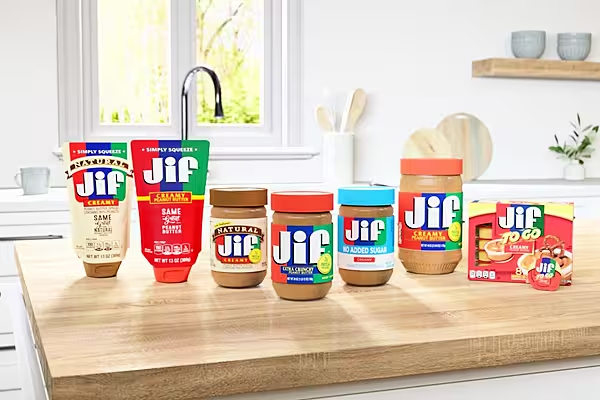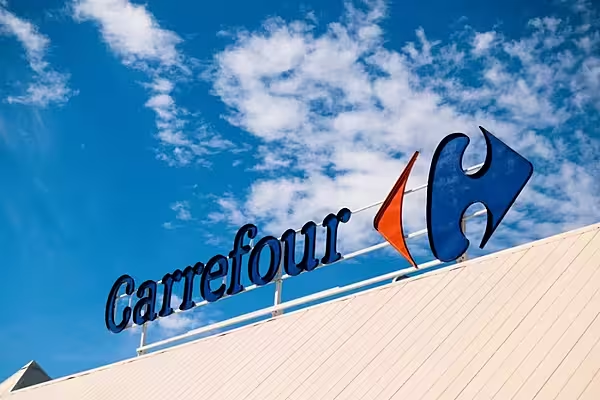An Israeli minister and lawmakers raised concerns today about the proposed purchase by a Chinese dairy and consumer-products company of a majority stake in Israel’s Tnuva Food Industries Ltd.
Housing Minister Uri Ariel said he has instructed the attorney general of Israel Land Authority to “review the transaction for the sale of Tnuva lands.” Opposition Labor party lawmaker Erel Margalit said the Chinese must be made aware of the possibility of future changes in regulation as Tnuva holds monopolies in certain food sectors.
Bright Food reached a preliminary agreement with Apax Partners LLP, a private-equity firm, to acquire 56% of Tnuva earlier this week. The deal comes at a time when Israel is accelerating plans to expand exports to China as trade to its main foreign markets -- the U.S. and Europe -- slows.
Israeli Prime Minister Benjamin Netanyahu and a ministerial committee approved a plan to expand bilateral economic ties and double Israeli exports within five years to $5 billion a year.
“China is Israel’s largest trading partner in Asia, and looking ahead, it seems it will soon become Israel’s largest trade partner in general,” said Netanyahu in a May 19 meeting with China Vice Premier Liu Yandong. “We admire China and are confident that Israel has made a contribution in these connections. One of these areas is innovation.”
Exports account for about one-third of Israel’s gross domestic product and were down 22 percent in the first quarter of this year from the previous three months.
Caution
Ariel said on his Facebook page that Israeli law stipulates any transfer of land to a foreigner must be approved by the chairman of the Land Authority in consultation with the defense and foreign ministers.
Margalit, who heads a parliamentary task force on monopolies and lowering the cost of living, said he was concerned that inter-governmental problems could arise over Tnuva. The company owns seven of the 10 best-known food brands in Israel, and accounts for more than 14 percent of shelf space in the country’s supermarket.
“I just want to make sure that it is clear to Bright Food that there may be a change in regulation in the future that will place regulation on certain categories of Tnuva’s monopoly,” Margalit said in a phone interview today. “I want it to be clear in a way that will avoid a future international incident with the Chinese.”
Chinese companies from Bright Food to pork producer WH Group Ltd. have been making acquisitions overseas as rising incomes spur demand for consumer goods while a series of food-safety scandals has hurt confidence in local brands. Bright Food bought a 60 percent stake in British cereal maker Weetabix Ltd. in 2012.
Amir Gal-Or, managing partner of the cross-border private equity firm Infinity Group, said Israel should be cautious of restricting the Tnuva deal.
“You don’t have many friends out there and you don’t need more enemies,” he said in an interview this week.
Bloomberg













